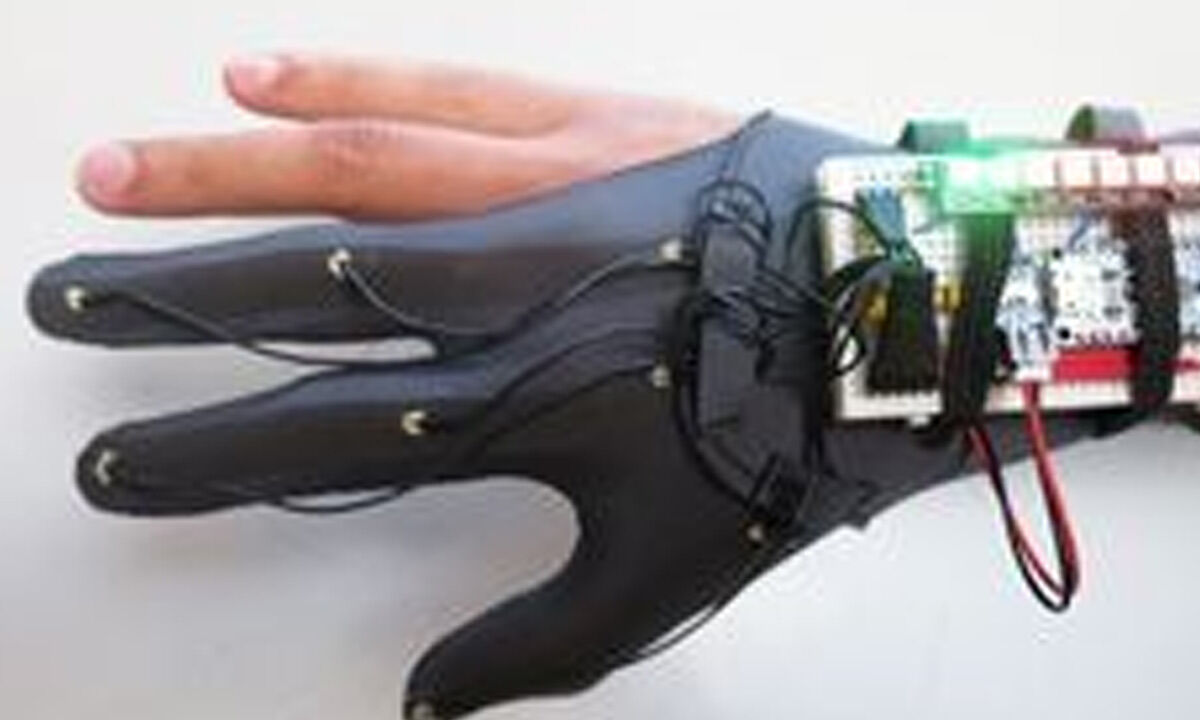A New Era for Indian Neurotech
India is stepping into the future as the country launches its first clinical trials of brain-machine interfaces (BMIs), marking a major leap in medical technology and neurorehabilitation. These trials are not just about science fiction—they’re about restoring movement, speech, and independence for patients with paralysis, stroke, and neurological disorders.
First-of-Its-Kind Clinical Trials
-
IIT Kanpur, in collaboration with Regency Hospital and the University of Ulster, has developed a brain-computer interface-based robotic hand exoskeleton. Early pilot trials in India and the UK have shown remarkable results, with stroke patients regaining full hand function even years after their initial injury.
-
Large-scale clinical trials are now underway with Apollo Hospitals, aiming to make this technology widely available within the next three to five years.
How It Works
The system uses EEG signals from the brain’s motor cortex to detect a patient’s intent to move. These signals are combined with muscle activity and visual feedback, activating a robotic exoskeleton that assists hand movement. This closed-loop approach keeps the brain engaged, accelerating recovery and improving outcomes.
Who Benefits?
The technology is designed for patients with severe motor impairments, especially those who have plateaued with traditional therapy. It offers new hope for regaining mobility and independence.
India’s Neurotech Ecosystem Grows
-
Startups like Neuphony and Nexstem are building labs and developing wearable BCI headsets, while academic and industry partnerships are fueling rapid innovation.
-
The government and private sector are investing in R&D, with a focus on making these solutions affordable and accessible.
What’s Next?
With promising early results, India is poised to become a leader in brain-machine interface research and application. The next few years could see BMIs move from the lab to hospitals and homes, transforming lives across the country.
The Bottom Line
India’s first brain-machine interface trials are more than a technological milestone—they’re a sign of hope for millions. As research accelerates and partnerships grow, the dream of mind-controlled recovery and assistive devices is quickly becoming reality.
Sources: Hindustan Times, Daily Excelsior, Inc42
Stay Ahead – Explore Now!
No news available
